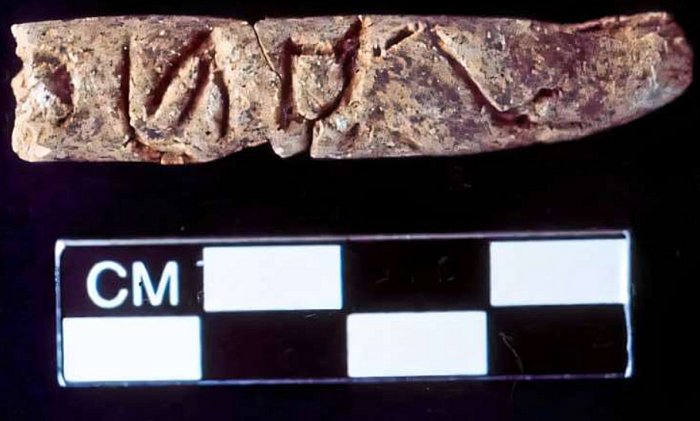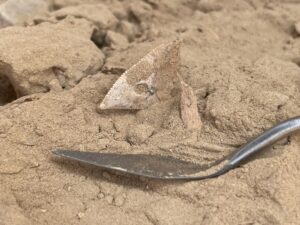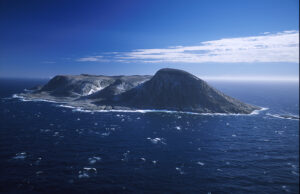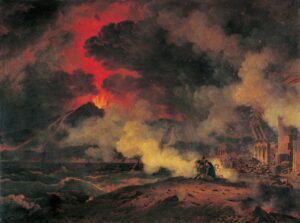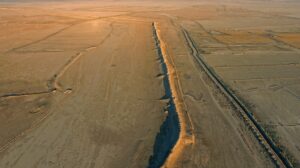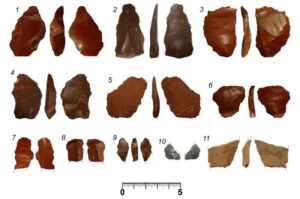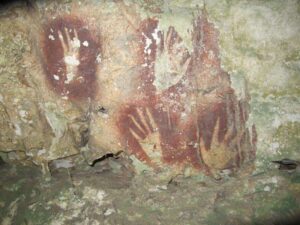Archaeologists have uncovered the oldest alphabet in human history. Small clay cylinders from an ancient Syrian tomb show clear markings of letters etched into them.
Using carbon dating, researchers have established that the pieces of clay and the tomb they were in date back to 2400 BC. This means the writing predates other early alphabets by 500 years. This completely changes our belief about the origins of alphabets in early civilizations. Most experts had credited the ancient Egyptians with the invention of the alphabet around 1900 BC.
“Alphabets revolutionized writing by making it accessible to people beyond royalty and the social elite,” said Glenn Schwartz, who led the recent study. “Alphabetic writing changed the way people lived, how they thought, how they communicated. This new discovery shows that people were experimenting with new communication technologies much earlier and in a different location than we had imagined.”
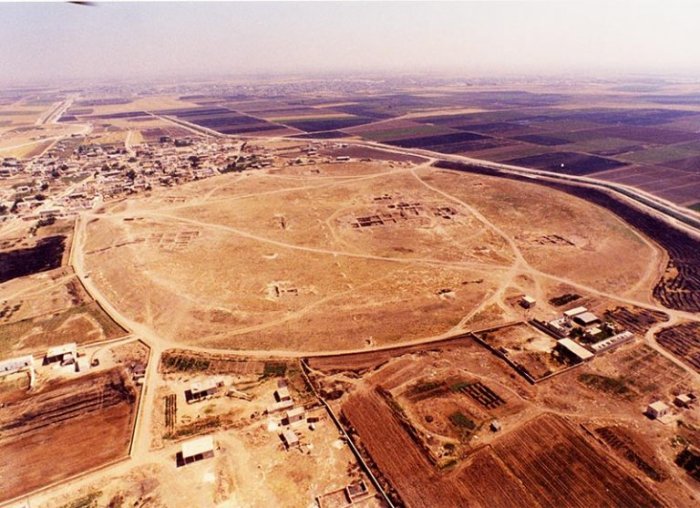
Aerial image of Tell Umm el-Marra. Photo: Glenn Schwartz/Johns Hopkins University
Schwartz has led a 16-year excavation at Tell Umm-el Marra in western Syria. Tombs dating back to the Early Bronze Age contain skeletons, jewellery, and pottery. One also held the finger-sized pieces of engraved clay.
It is possible the little clay pieces were labels. They all have small perforations, indicating they were once tied to other objects.
“Maybe they detail the contents of a vessel, or maybe where the vessel came from, or who it belonged to,” said Schwartz. “Without a means to translate the writing, we can only speculate.”
Schwartz presented the findings at the annual meeting of the American Society of Overseas Research earlier this week. He and the research team are investigating how smaller cities and urban areas developed across Syria. The Tell Umm-el Marra site was one of the first medium-sized centers in the region.
